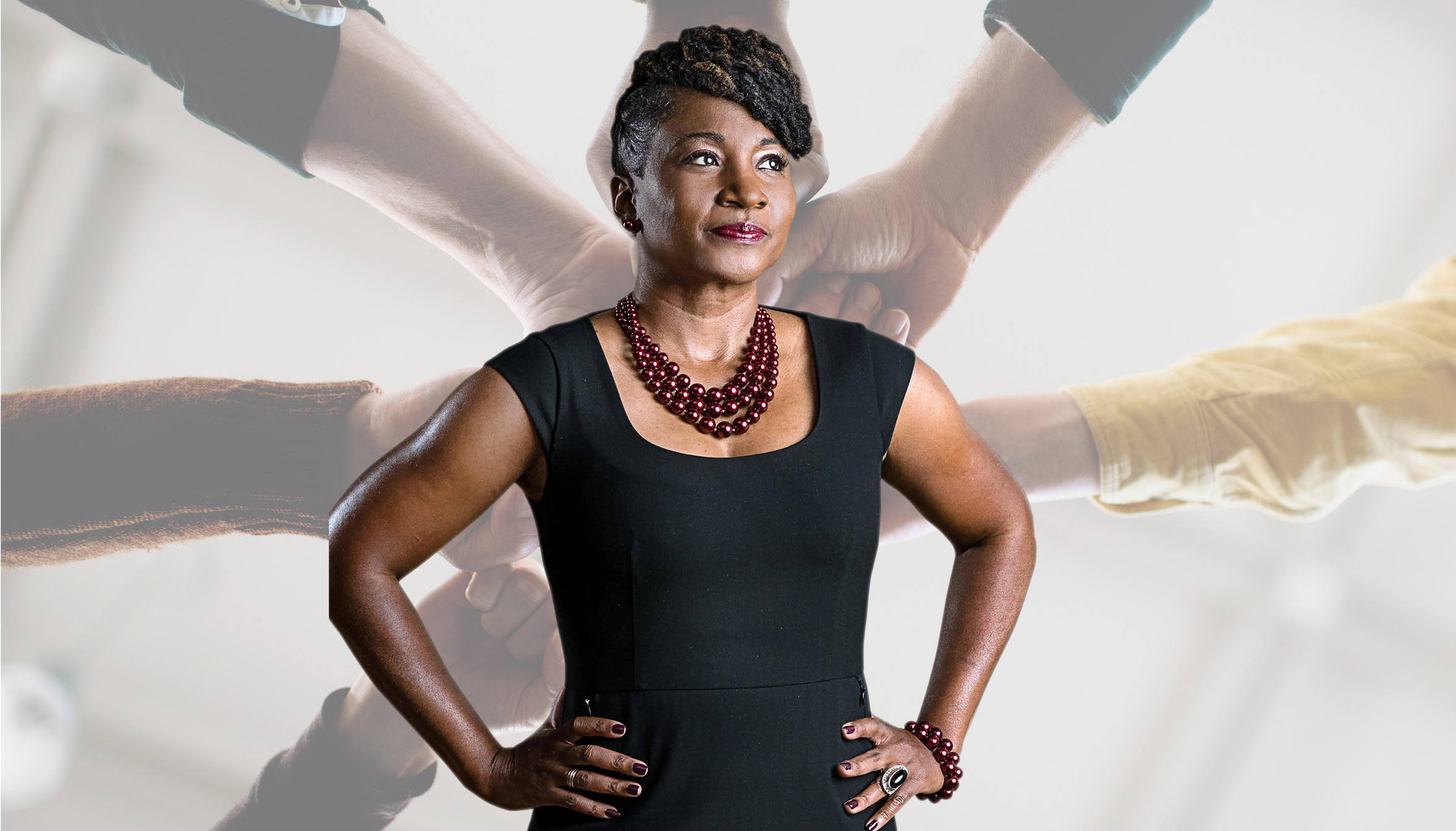
‘I’m The One Holding The Pen’
For Coles, humanity is fundamental to changing the work culture from within.
Uva Coles, a leader in workforce development and innovation, has dedicated the bulk of her more than 25-year career in nonprofit and higher education leadership to strengthen, support, and transform the organizations with which she has worked.
Coles was born in Panama and moved to the United States when she turned 18. From then on, as vice president of advancement and strategic partnerships at Peirce College, to serving as associate vice president of civic and global engagement at Widener University and playing a pivotal role on the city’s workforce strategy committee, she made her mark in Philadelphia and beyond.
Coles presently serves on the City of Philadelphia’s Diversity and Inclusion Advisory Board, the board of LEADERSHIP Philadelphia, the board of Believe in Students, and the Philadelphia Award.
Her commitment to building strategies around workforce development and inclusion has been consistent and impactful. She has also written on diversity, equity, and inclusion, and been invited to speak on the subject for various businesses corporations.
But then 2020 arrived. As it did for so many worlwide, the historic year provided Coles with an opportunity to stand back and reflect on where — and how — she wanted to dedicate her time and talents going forward.
Out of that period of reflection, Inclusiva was born. The boutique consulting firm, founded and headed by Coles, seeks to provide companies and corporations with the tools, strategies, and support necessary to design better, more inclusive workplace practices and culture.
“I would have to call myself the reluctant entrepreneur, in that I wasn’t that little girl who sat around and thought about starting my own business someday, necessarily,” Coles said.
“I would have to call myself the reluctant entrepreneur, in that I wasn’t that little girl who sat around and thought about starting my own business someday, necessarily,” Coles said.
On a snowy day in December 2020, Coles sat down with AL DÍA via Zoom — not quite face to face, but the closest many of us can come to that in these times. She reflected on her journey in starting out as an entrepreneur and shared her vision for the future of her work in advancing the conversation on diversity, equity, and inclusion.

For Coles, the path to starting her own business has been “decades in the making” — and but not entirely straightforward.
However, the origins of her work with Inclusiva are deeply rooted in her professional career.
“I think what’s transpired since the very beginning of my career is that I recognized very early on that there was something about identity, one’s identity, and it’s either collision or complement with business spaces. That certain people were able to have greater access, and others had some barriers. The good news is that there’s always ways of moving forward,” Coles said.
She had firsthand experience with many of those barriers. As a first-generation college graduate, an immigrant, and an Afro-Latina, Coles said that she has always been aware throughout her career of the many ways in which her identity “comes with some question marks” in corporate spaces.
“I know that...when I show up in a room, I have to fight harder for credibility,” Coles said. “I have to fight harder for belonging, for a whole host of things. So there are others that are looking up at me or next to me or ahead of me, and it’s important that I let them know that perfection is not the expectation, that being all-knowing is not the expectation, but you power through anyway,” she said.
That kind of authenticity in bringing one’s identity and background into the workplace is necessary work for the dismantling of racism, Coles said.
She noted that when she started her career 25 years ago, most companies viewed diversity, equity, and inclusion through “a lens of compliance.”
Now, Coles said, there is greater awareness around what needs to change to create a workplace that is truly a place of belonging for everyone — especially Black and brown people and others who have been marginalized.
As many in the country and throughout the world strive to create more just, inclusive workplaces, Coles is diving headfirst into what she views as her mission in contributing to that larger goal — one that has no easy answers and will take time and effort to shift the needle towards inclusion.
“The interesting part of starting to do that work [with Inclusiva] was that I had this great career, and was really starting to enjoy a lot of the work I was doing, but at the same time every time I touched this work, in a full way, my heart just sang. I think your career tells you something when you get goosebumps...And every conversation would leave me with goosebumps,” she said.

Coles began thinking about starting her own consulting company focused on DEI work from the beginning of 2020. But the moment she was deciding to take that leap and launch Inclusiva coincided with the tragic killing of George Floyd in late May and the Black Lives Matter protests against police brutality and systemic racism organized in response throughout the country, and the entire world.
“There were so many others, countless names, nameless individuals for some people, so I wanted to do my part,” Coles said.
“There were so many others, countless names, nameless individuals for some people, so I wanted to do my part,” Coles said.
The national reckoning with deeply embedded, systemic racism in 2020 was good in the sense that it was a broader, collective voice calling for change, Coles said.
“There’s a collective of individuals from all walks of life who can now see and appreciate the depth of the despair and the pain and the discrimination, and they’ve locked arms with Black people, with brown people, with people of color...So much of the pain and the expression of that pain has been ours to hold almost single-handedly,” Coles said.
“And that is not to say there have not been allies since the beginning of time, there always have been, but there also has been an inability for others who do not share our identity to really fully see the fact that this has been systemic and kind of braided into the fabric of not just this country; this is really a global issue,” she said.
It is true that the Black Lives Matter protests meant that “companies finally felt like they had either the expectation, the moral obligation, the requirement, or just the final approval, the permission slip almost to stand more firmly around a commitment to DEI,” Coles said. But it is also troubling to see corporations or leaders grasp for quick solutions or answers, rather than seeking to engage in the deeper, more time-consuming work of addressing systemic racism.
RELATED CONTENT
“This work usually requires a level of vulnerability that we don’t necessarily see in business. It means that if you don’t have the competency, you have to learn, and you do have to approach it in a different way. I am hopeful, I’m optimistic that people who consider themselves leaders, who really embrace what that means, understand that inclusive leadership is not optional, it’s a requirement, and so I am hopeful that individuals who get that will stay the course,” Coles said.
In her work with Inclusiva, the entrepreneur works side-by-side with her client partners to stay that course and provide them with the tools they will need to continue to create a more inclusive workplace culture, even after Coles is no longer working with them. Trainings, Coles said, are not enough. They are a placebo that some people might grasp but are not the “anchoring” solution to committing to change — they are simply a support to the systemic solutions.
Overall, Coles said that even in the toughest moments in which those she works with are unwilling to give up the stories they have held onto from their pasts about their and others’ identities, it motivates her to continue deepening the conversation — one that, she believes, will ultimately enrich not just corporations and companies, workplaces, and offices, but our society as a whole.
“We know that this country was built on the backs and the brainpower of people of color. And very specifically, Black men and women. And so I think that we owe it to each other to acknowledge that history, to acknowledge that we’ve done some deep damage and that we owe it to ourselves to reconstruct, to build better, to build it in a way that allows for belonging and allows for inclusion. That’s just a human way of operating across difference, and I think we’re wired for that; we just have to make a decision,” she said.
In addition to her work with non-Black and brown leaders who are seeking to create more inclusive workspaces, Coles said that one of her goals is, over time, to build “an incubator for inclusion” dedicated to supporting and restoring Black and brown leaders, indigenous leaders, and people of color who are also engaged in this work in corporate spaces.

For Coles, it is essential to stay committed to the humanity of the work that she and other organizations are doing to transform their culture from the inside out.
“My approach is always trying to make sure that leaders understand that if they’re going to be successful, they have to approach this at a very personal level, very human level. So we’re not just looking at metrics. We’re looking at those things, of course, but at the end of the day, what matters most is that they show up with their vulnerabilities, with their questions, with their concerns, with their biases,” she said.
“And so the goosebumps come in those moments when we use prompts, questions, that help people kind of dig in to their history, their backgrounds, the stories they’ve been told by people they love that are distortions of what the world really is, and what otherism really is. And so when we can open that door and have candid conversations about the fact that we all hold those stories, those biases, and that doesn’t make us bad human beings necessarily, it makes us human. What we do with those biases, our commitment to shifting gears, our commitment to changing, and to disrupting, that kind of thinking, that’s the work,” she added.
For Coles - who is herself a writer who will be contributing a column in the pages of this publication - poetry and writing play a role in having the “courageous conversations” necessary to change workplace culture.
“I love when we introduce that and have individuals who think, ‘Absolutely not, how are we possibly going to talk about poetry and business,’ and by the end of it, it’s a goosebump moment, because suddenly you have CEOs, you have leaders, standing up, sharing words, sharing their ideas and thoughts in ways that are truly poetic and touches the soul in a different way,” she said.
Coles said she will someday publish her own story, in the form of a memoir — which, thanks to her transition to self-employment and entrepreneurship is now untethered from expectations that she may have been putting on herself as she struggled to focus on telling her own experiences even as she represented the different institutions she worked for in the past.
“I think that I have built a company that is centered around authenticity, and so I think...that there’s better alignment between what I’m able to share and what I want to share and what I need to share, and the expectations I have of my own company,” Coles said.
“I don’t feel like anyone is trying to co-author or hold my pen. I’m holding the pen,” she said.
“I don’t feel like anyone is trying to co-author or hold my pen. I’m holding the pen,” she said.
Coles, through her entrepreneurship, writing, and more, is living out what one of her own favorite authors, Toni Morrison, so famously said: “If there’s a book that you want to read, but it hasn’t been written yet, then you must write it.”





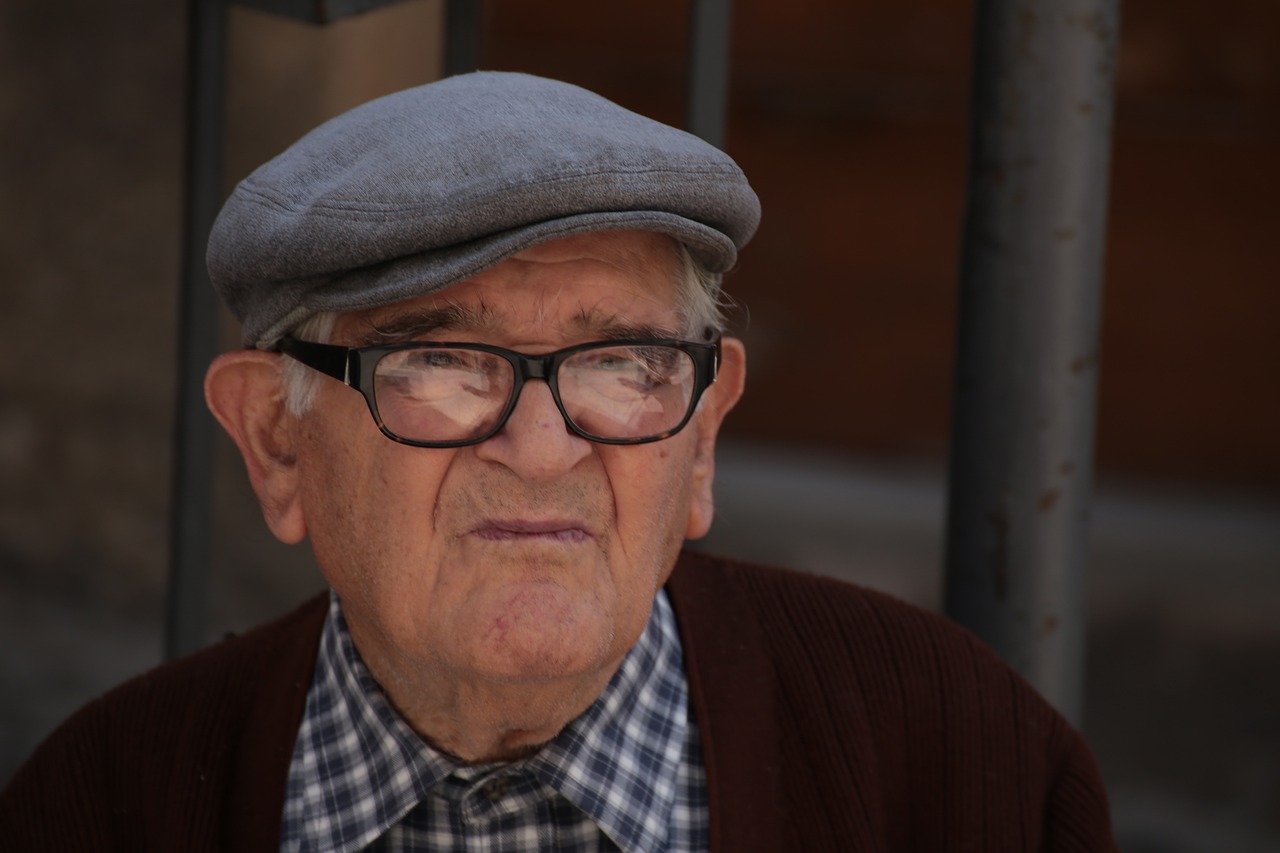
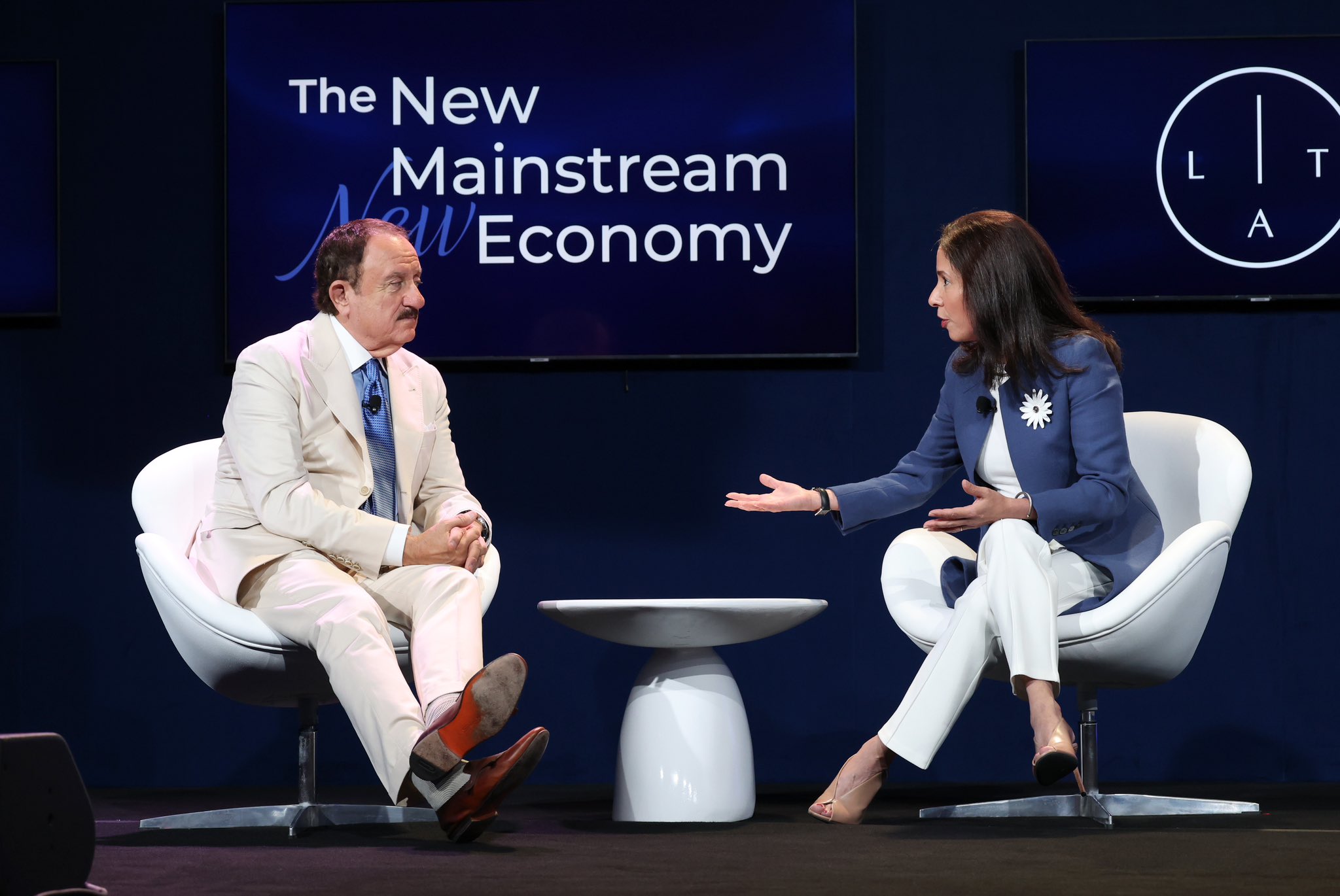

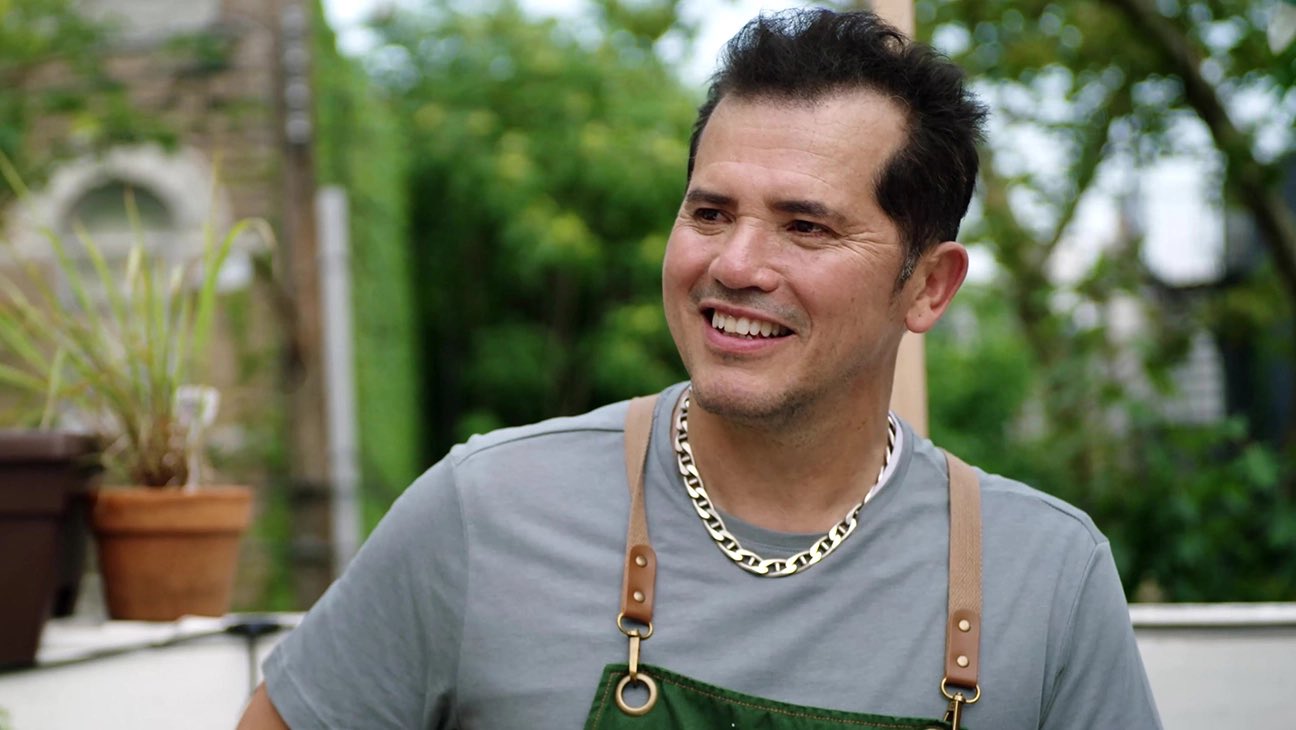
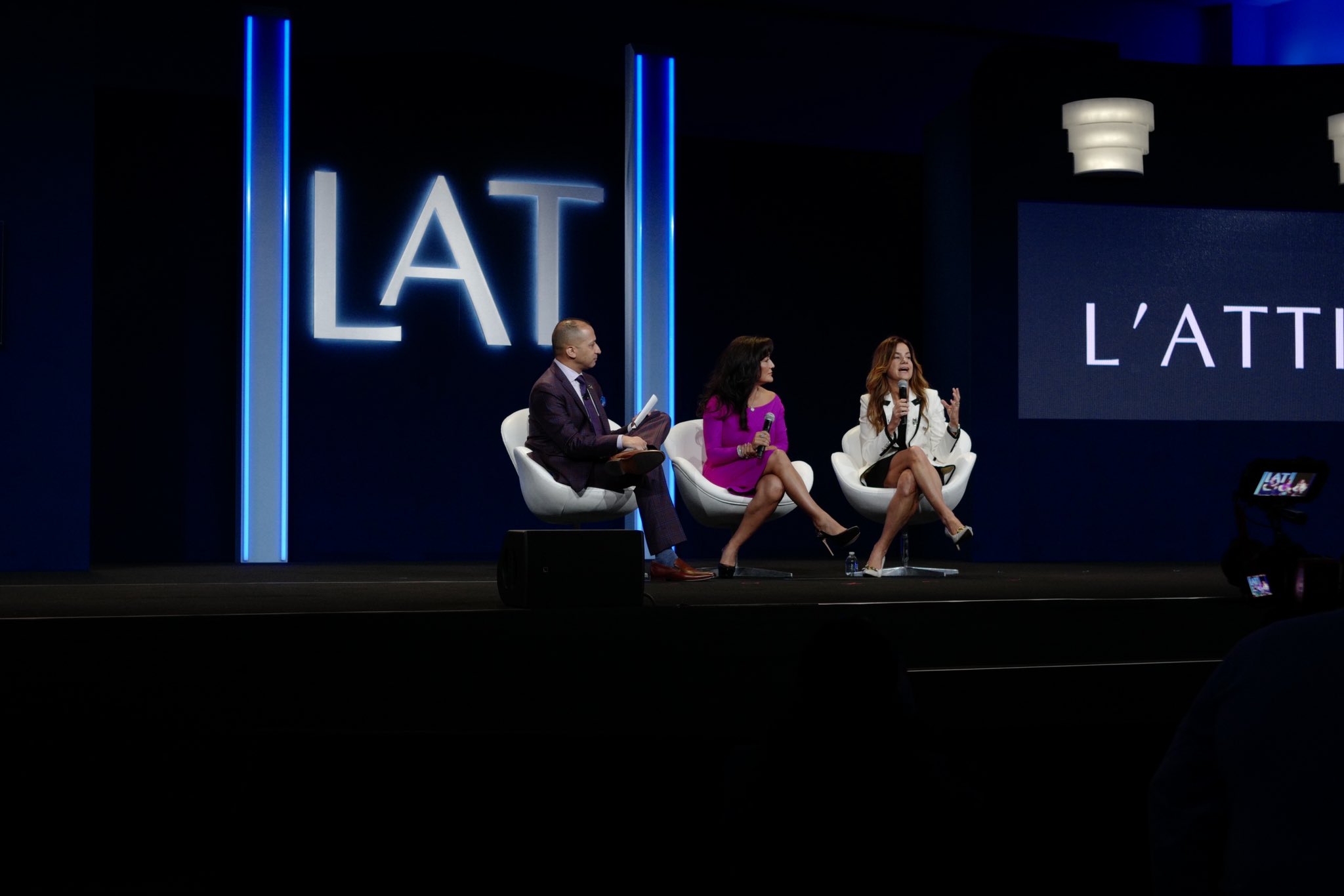

LEAVE A COMMENT:
Join the discussion! Leave a comment.